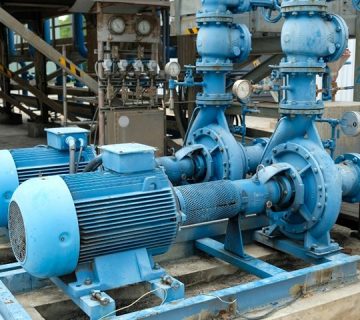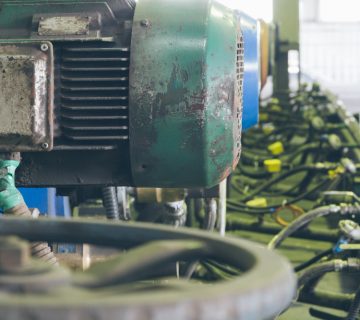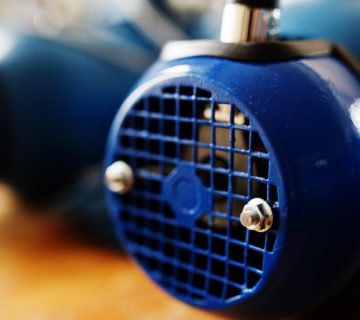Screw pumps are a type of positive displacement pump that has gained popularity in various industries due to their efficiency, reliability, and versatility. In this blog post, we will dive deep into the world of screw pumps, exploring their construction, working principle, applications, advantages, and maintenance.
What are Screw Pumps?
Screw pumps, also known as helical rotor pumps or progressive cavity pumps, consist of a helical rotor that rotates within a stator to create a continuous flow of fluid through the pump. The rotor is usually a helix shape, while the stator is typically made of a more rigid material to support the rotor.
How Do Screw Pumps Work?
The working principle of screw pumps is based on the movement of the helical rotor within the stator. As the rotor rotates, it forms cavities that trap the fluid and push it along the axis of the pump. This movement creates a smooth, pulsation-free flow of fluid, making screw pumps suitable for applications requiring a steady and uniform flow rate.
Applications of Screw Pumps
Screw pumps are versatile and find applications in various industries, including:
- Oil and Gas: Screw pumps are commonly used for transferring crude oil, refined petroleum products, and natural gas liquids in oil and gas production and processing.
- Chemical Processing: These pumps are ideal for handling viscous and abrasive fluids in chemical manufacturing processes.
- Food and Beverage: Screw pumps are used for pumping chocolate, syrup, cream, and other food products that require gentle handling.
- Wastewater Treatment: Screw pumps play a crucial role in moving sludge, wastewater, and other fluids in municipal and industrial wastewater treatment plants.
Advantages of Screw Pumps
Screw pumps offer several advantages over other types of pumps, including:
- High Efficiency: Screw pumps are known for their high efficiency and can handle highly viscous fluids with ease.
- Low Pulsation: The continuous flow of screw pumps results in minimal pulsation, making them suitable for applications requiring a steady flow rate.
- Self-Priming: Screw pumps are self-priming, meaning they can automatically expel any air or vapors present in the suction line.
- Low Maintenance: Screw pumps have few moving parts, reducing the need for frequent maintenance and minimizing downtime.
Maintenance of Screw Pumps
While screw pumps are known for their reliability, proper maintenance is essential to ensure optimal performance. Here are some maintenance tips for screw pumps:
- Regular Inspection: Perform routine visual inspections to check for any signs of wear, leaks, or damage.
- Lubrication: Ensure proper lubrication of the pump components to reduce friction and prolong the life of the pump.
- Cleaning: Regularly clean the pump and its components to prevent the buildup of debris or contaminants.
Conclusion
Screw pumps are a versatile and efficient pumping solution that offers a wide range of benefits for various industries. By understanding the construction, working principle, applications, advantages, and maintenance tips of screw pumps, you can make informed decisions about incorporating them into your operations. Whether you are in the oil and gas, chemical processing, food and beverage, or wastewater treatment industry, screw pumps can help you achieve reliable and consistent fluid transfer processes.





No comment